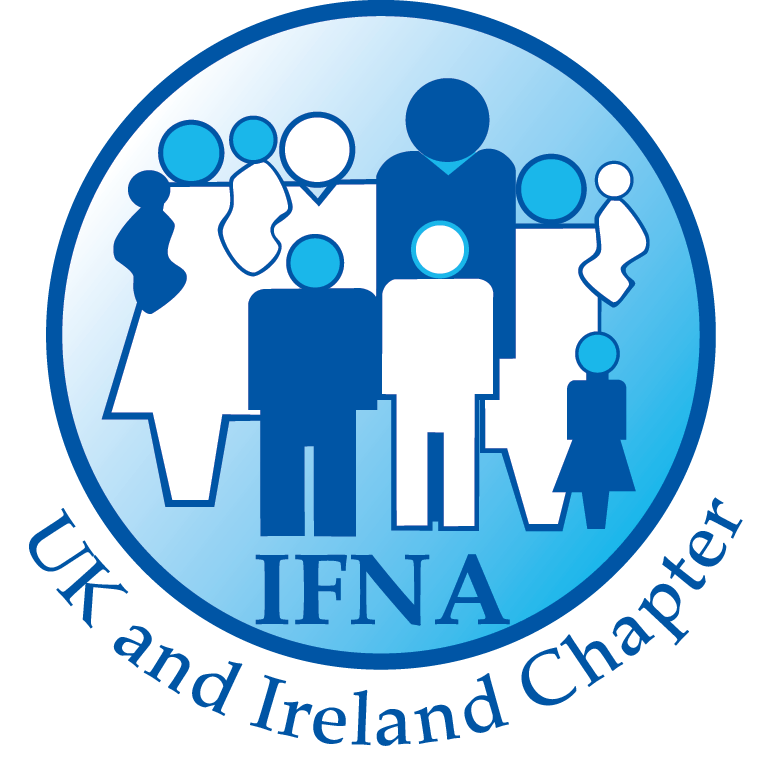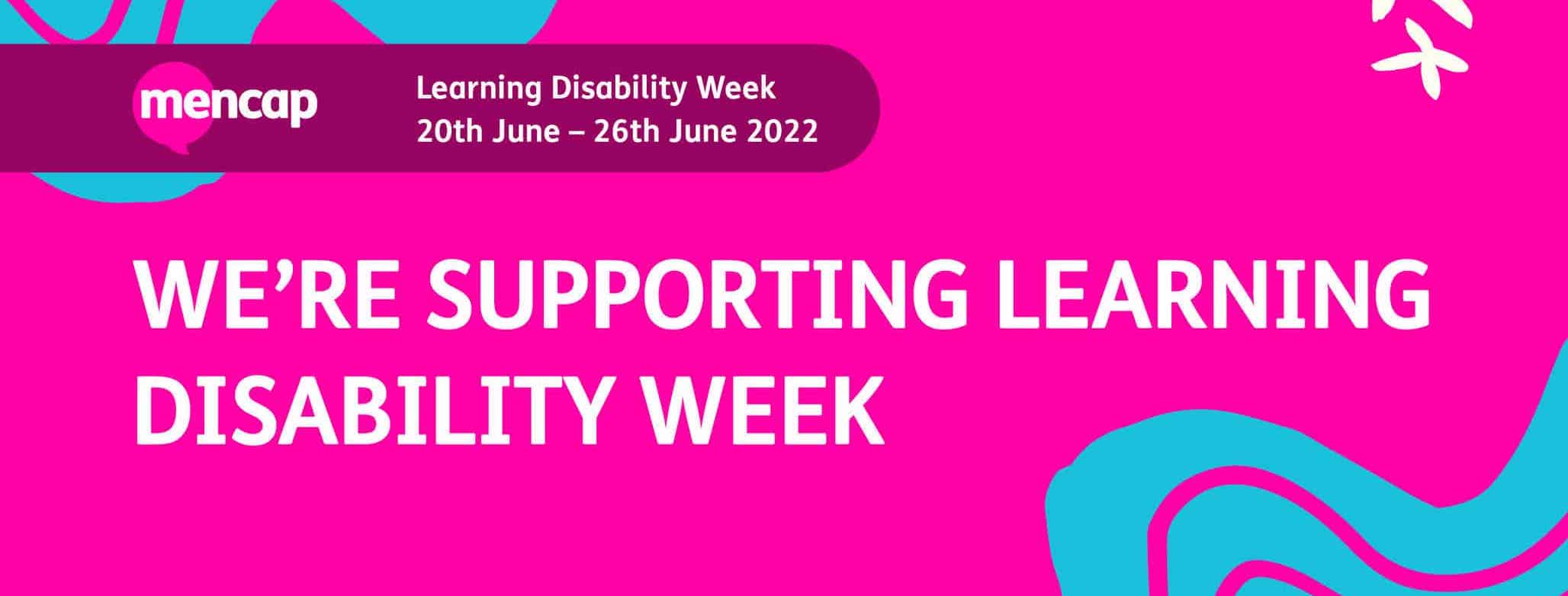Dr Angela Ridley, Senior Lecturer at Northumbria University
Many people are unclear about what is means to have a learning disability. This piece should give some insight into what that means, and how this links to a Registered Learning Disability Nurse.
National Learning Disability Week is celebrated every year in the UK during the third week in June, to make sure the world hears about what life is like for people with a learning disability. Through education and awareness raising the campaign challenges stigma and discrimination. Once again, mencap are leading the way for organisations to join in. This year we are talking about Living Life with a Learning Disability. The focus will be on how people with a learning disability have reconnected with family, friends and communities. As well as highlighting the issues many with a learning disability still face after the end of Covid restrictions.
A learning disability means having global cognitive or intellectual impairment (NHS, 2018), affecting over 1.5 million people and this figure is rising. It is among the most common impairments, additionally the prevalence in children and adults is increasing, (WHO, 2007). This staggering statistic tells us that there are many people who may need additional support with everyday living.
It is well known that children with a learning disability are typically cared for at home by families, in some instances with assistance from formal carers. The child and family will be holistically supported by a specialist Registered Learning Disability Nurse. However, there are only around 17,000 specialist nurses on the Nursing and Midwifery Council register. This is as a result of difficulty in recruiting and lack of recognition and identity of what is a Registered Learning Disability Nurse (RCN,2021).
Sadly, it is also known that people with learning disabilities are more likely to have serious physical health conditions, have co-morbidities and may die twenty-five years earlier than the general population. This alarming fact is serious in modern day healthcare. Therefore, professionals with the right skills and qualities are needed to support people with a learning disability, families, carers to live a full, inclusive and person-centred life. One such professional, is the Registered Learning Disability Nurse. The Registered Learning Disability Nurse plays a vital role, working alongside families to enable the child to have a fulfilled life into adolescence, adulthood and older age (NHS Careers). The Registered Learning Disability Nurse plays a vital role in supporting families of those with a learning disability across the whole life span in health and care settings.
Join #lLDWeek2022 @LD_Northumbria

